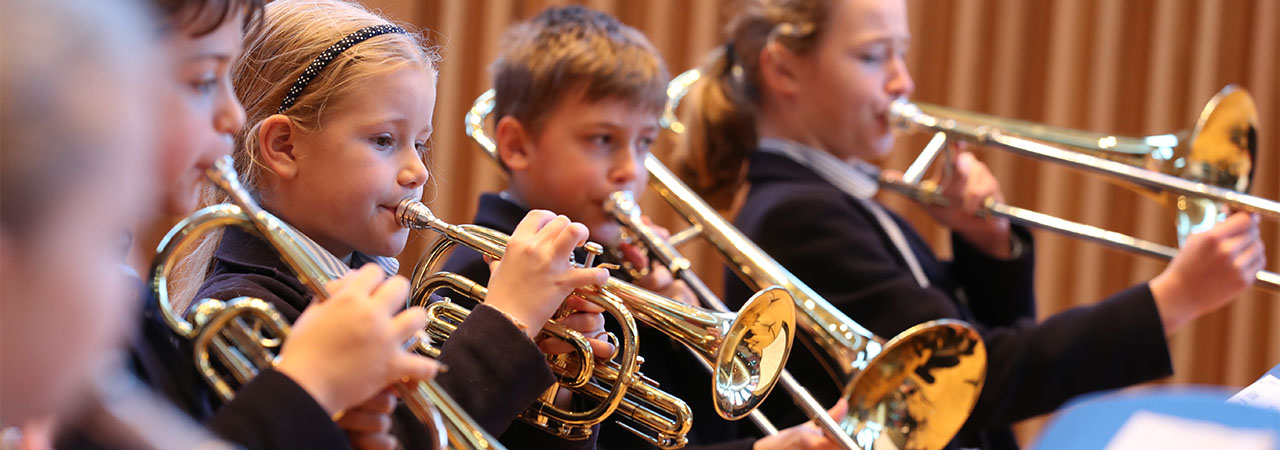Chetham’s launches Fit to Perform Health Programme
Chetham’s School of Music in Manchester launched Fit to Perform to support its young musicians’ physical and mental well-being in September.
“A professional musician is like a high-performance athlete”, says Sergio Martínez, a doctor and former pianist specialising in musicians’ injuries in Guatemala. For performers with packed schedules of practice and performance, and particularly for those who have taken part in intensive learning programmes from a young age, there’s an increased risk of physical injury, excessive fatigue, and ensuing mental health problems, if the correct support is not in place from the very outset of their careers.
One of Martínez’ patients, cellist Rossana Paz, was unable to play for a year or more after developing tennis elbow as a teenager. The Guatemalan training orchestra in which she played from the age of 12 left little time to focus on posture or physical health. Only after a series of operations, when she was rewarded with a summer course in England studying with Chetham’s Head of Strings Nicholas Jones, did she see a different approach to instrumental teaching. His initial focus was on her playing position and technique, and he explained that he couldn’t help her musically until she developed her physical strength and posture.
Breathing and warm ups
Students at Chetham’s are encouraged to arrive early at lessons and rehearsals, to warm up and stretch. Alongside instrumental teaching, the School has for many years offered sessions in breathing and Alexander technique, focussing on movement and posture. Every week, the Heads of Instrumental Departments meet to talk about students who may be struggling physically, and to refer them to onsite medical staff or physiotherapists.
Hearing Protection, checks and balances
The School also offers students’ heavy discounts on individually moulded hearing protection and constantly balances students’ individual workloads and pressures, across music, academic and external demands. “Many students learning through individual teachers or youth orchestras face conflicting pressures from their music teachers, school teachers, and other hobbies, parents or home life,” says Principal, Alun Jones. “At Chetham’s, everything takes place under one roof – which means when we’re assigning concerts, selecting prefects or ambassadors, or agreeing academic timetables, we’re doing so with a full understanding of that student’s other commitments, as well as their physical health, confidence and capacity.”
Conversations with music colleges and professional orchestras led Alun Jones to place well-being even more firmly at the heart of Chetham’s curriculum. Following conversations with leading conservatoires and orchestras, he learned how many players in the UK were suffering short or long term injury, and how many orchestras were turning to masseuses and physiotherapists to work with their players, accompanying them on tours and helping to counteract the demands of performance on their bodies.
A pioneering approach to fitness and well-being
The Fit to Perform programme offers a bespoke programme to each individual student, closely aligned to their individual timetable of individual lessons, ensemble work and academic study. Each programme will also take account of the student’s age and motivations, and will offer conditioning and general fitness alongside specific injury prevention.
Across the School, from science classrooms to rehearsal and to the dining hall, the benefits of exercise to learning, memory and concentration are ever more actively promoted. High quality new gym equipment has been installed onsite, with activities including yoga, pilates, zumba, aquatic and racket sessions off site, resistance training, and spinning; all tailored to individual students and their specific needs.
Meanwhile, a programme of physical literacy for younger students will include Fundamental Movement Skills and social outcomes such as collaboration, competition and empathy. The School caterers, Sodexo, will support the programme with advice on appropriate diet and ‘performance fuel’ through specially devised, ‘Peak Performance’ menus.
Fit to Perform gets thumbs up from Students
A team of specialist personal trainers and activity leaders are now working with students from the age of 8 all the way to 18. Individual induction sessions are underway, analysing each student’s needs and working with them to develop their own, personalised programme. “We’re not just giving them sets of exercises,” explains tutor Claire Whittaker. “We’re teaching them to recognise their own physical needs, to listen to their bodies and to maintain their own physical training when they leave School.”
Students Keiron, 15, a guitarist, and pianist Carrissa, 12, have been particularly enthusiastic about the potential of Fit to Perform. “The PE department has improved drastically,” said Keiron. “Improved apparatus and facilities, more accessible hours, and great gym instructors who combine their knowledge of posture and efficiency with musical technique to improve postural and tension issues. This has made me feel free to easily express myself whilst playing my instrument.” Carrissa continued, “It has really improved because you get to try different things each week. Already it’s really helped me with my motility and posture, as well as my body structure and strength.”
Helping students stay strong and healthy
Principal Alun Jones concurs. “The students now have a facility at Chetham’s which they may not be able to access at the next stage of their education. Just as we support their music practice in the early years, but increasingly encourage their independence by the Sixth Form, we’re giving them the tools they need to stay strong and healthy at conservatoire and in professional careers. It’s crucial that as they grow into young adults, they understand how lifestyle can impact upon their future success and happiness. We’re becoming a music school with student well-being placed at the centre of everything we do, and that can only help to improve their musicianship.”











